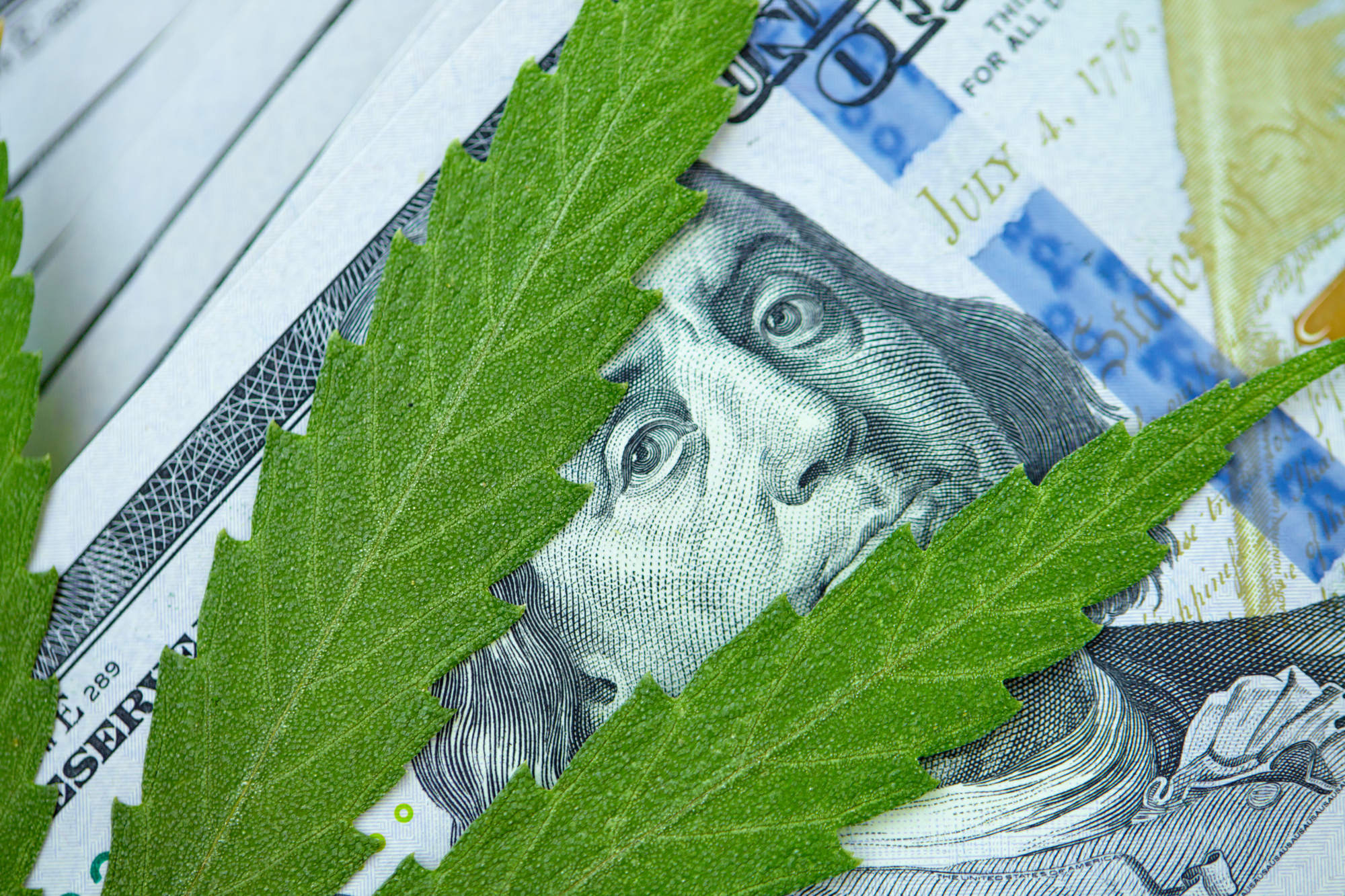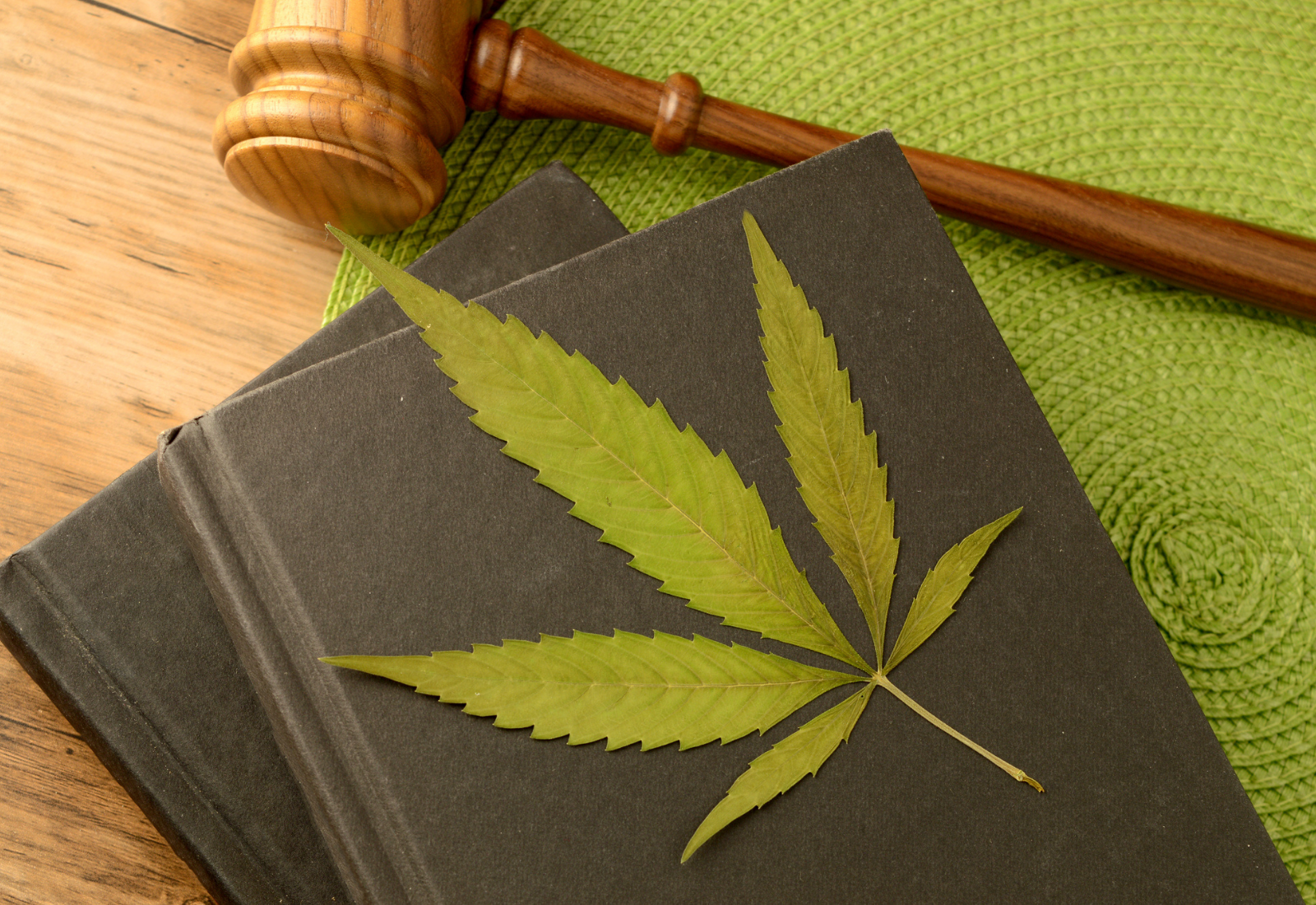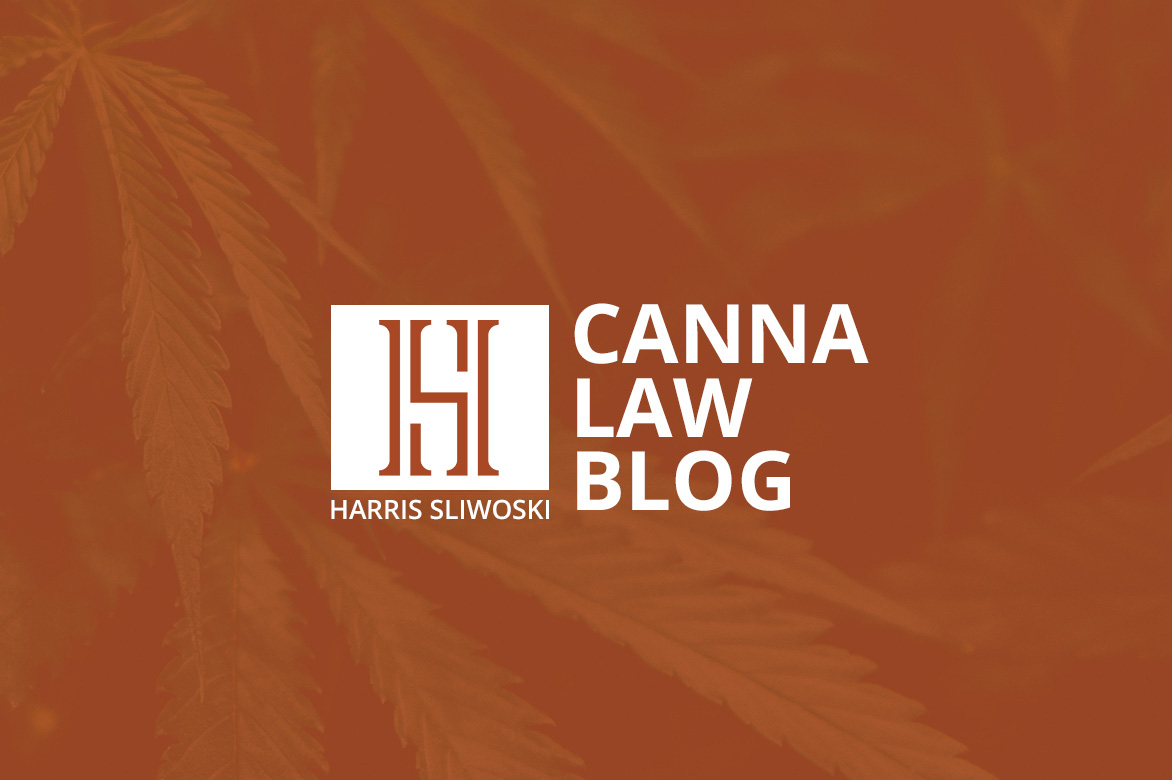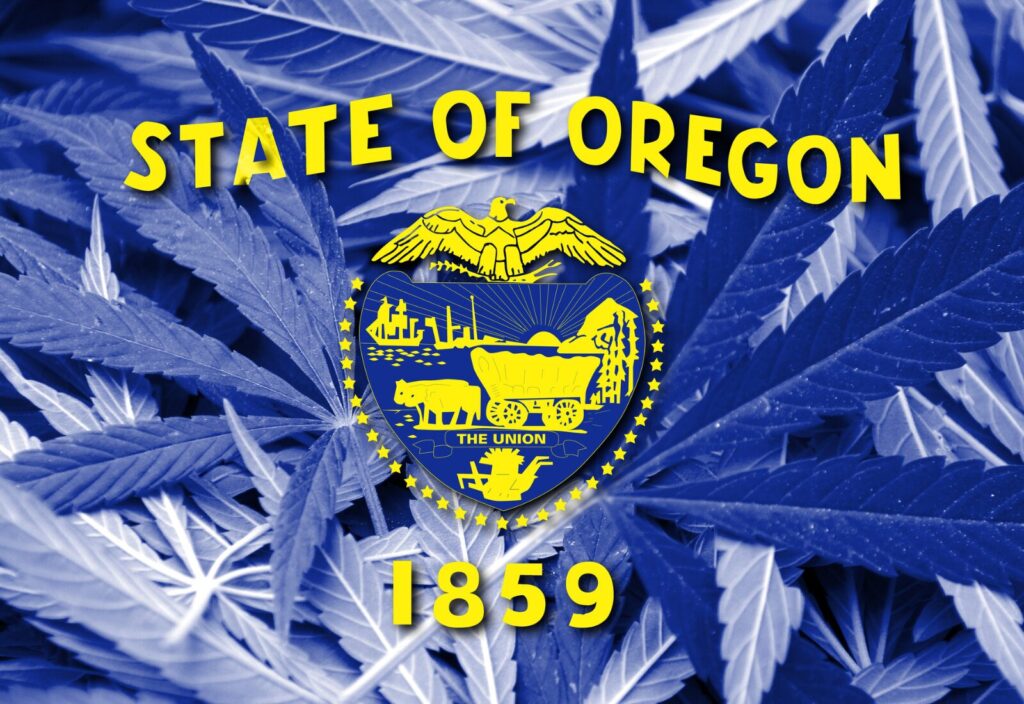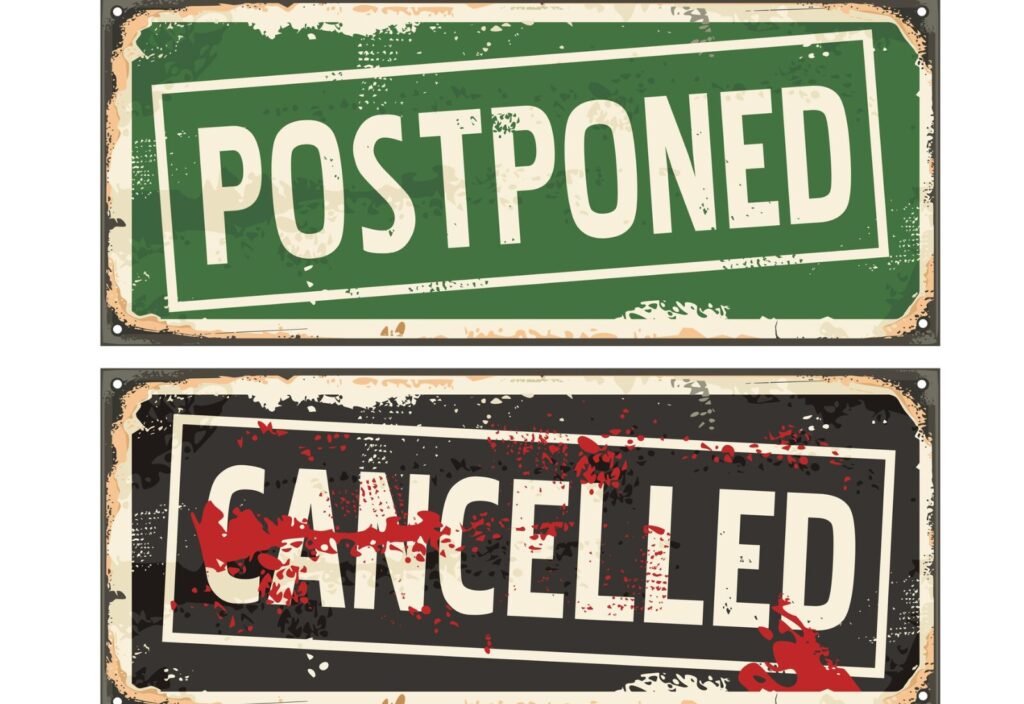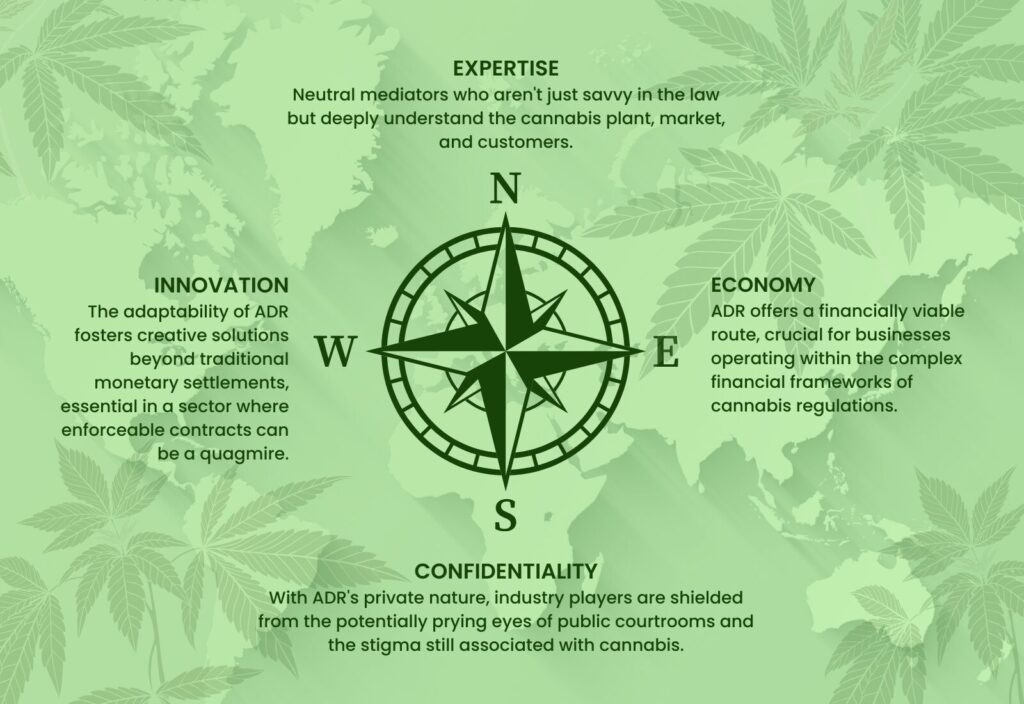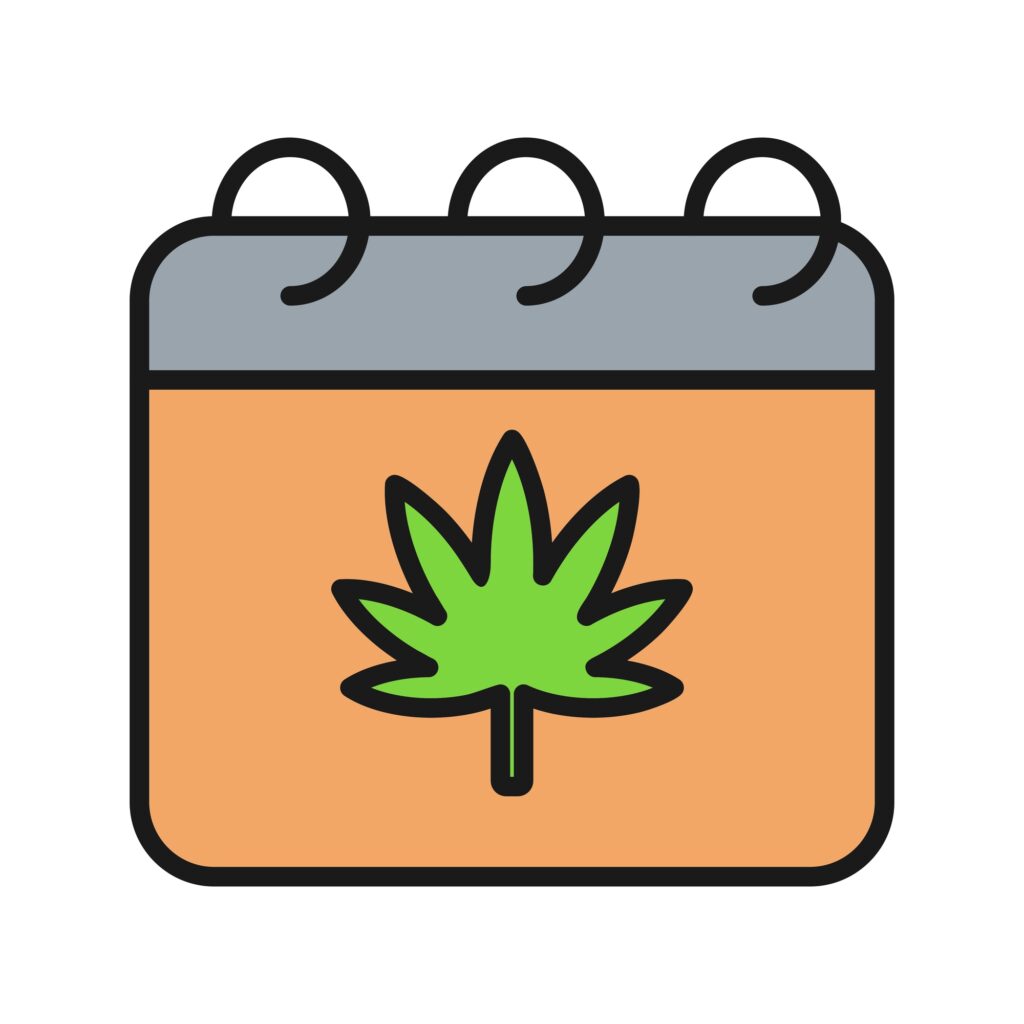Learn About Cannabis State Licenses
Cannabis laws vary by state, as does the process of obtaining a license to sell cannabis. At Harris Sliwoski, we focus on cannabis laws as they pertain to California, Arizona, Utah and Washington.
California
California businesses require a state license, and the applicant must be a California resident. There are seven types of California cannabis licenses that businesses can obtain:
- Cultivating cannabis
- Transporting cannabis to sellers
- Manufacturing cannabis products
- Testing cannabis and cannabis products
- Retail licensing
- Hosting events involving cannabis sales
- Performing three of the above functions at one location
Arizona
Businesses in Arizona must obtain one of four state licenses depending on the business’s activity or function. The Marijuana Establishment license covers the cultivation and manufacturing of cannabis. Cannabis distribution is prohibited in Arizona at this time — all sales and cultivation must occur on the same property.
Arizona also offers a medical marijuana dispensary license for non-profit medicinal sales. A third type of license, the Social Equity Dispensary license, is available for qualifying individuals and their families who were convicted of a cannabis charge prior to the substance’s legalization. The state offers a testing license for independent laboratories aiming to analyze medical marijuana and similar products within Arizona, as well.
Utah
Businesses may only sell cannabis for medicinal use in Utah, as recreational cannabis remains illegal and criminalized. This state offers a processing license with two tiers. The first tier allows the processing, formulation, packaging and labeling of cannabis products, while the second only permits packaging and labeling. An additional cultivation license is available. Utah also offers a cannabis cultivator license. The processing and cultivation licenses each require annual renewal.
Washington
Washington was the first state to legalize recreational cannabis. The state offers a finite number of cannabis licenses for businesses. Licensing for Washington is closed but you can still purchase license from a current licensee.. A business that forfeits its license can follow a reinstatement process. There are six types of licenses with separate applications:
- Producer license
- Processor license
- Retailer license
- Transporter license
- Research license
- Cooperative registration
Oregon
In Oregon, there are several types of cannabis licenses available, each corresponding to a different aspect of the cannabis industry. Here are the main types of cannabis licenses in Oregon:
- Producer License: This license allows for the cultivation of cannabis plants. There are different tiers of producer licenses based on the size of the operation.
- Processor License: This license allows for the processing of cannabis into products such as edibles, concentrates, and topicals.
- Wholesaler License: This license allows for the sale of cannabis products to other licensees, but not to consumers.
- Retailer License: This license allows for the sale of cannabis products to consumers through a retail storefront.
- Research Certificate: This certificate allows for the conducting of research on cannabis, but does not authorize commercial cannabis activity.
- Laboratory License: This license allows for the testing of cannabis products for potency and contaminants
Each type of license has its own set of requirements and regulations that must be followed. However, at this time licensing is closed and licenses can only be purchased from other licensees.
Minnesota
As of August 1, 2023, Minnesota has decriminalized cannabis for individuals aged 21 and older, permitting possession, use, and home cultivation. The law allows individuals of legal age to use, possess, or transport cannabis paraphernalia, possess up to 2 ounces of cannabis flower in public, possess up to 2 pounds of cannabis flower in their private residence, and possess or transport up to 8 grams of adult-use concentrate. Additionally, individuals can possess or transport edible cannabis products or lower-potency hemp edibles infused with a combined 800 milligrams or less of THC, and may give away cannabis flower and products to individuals aged 21 or older in allowable quantities.
Retail sales for adult-use cannabis are expected to commence in the first quarter of 2025, as the regulatory framework requires time to develop and will involve input from communities across the state. In the meantime, products such as seltzers, gummies, and other consumables made with up to 5mg of hemp-derived THC are available at various retailers and restaurants.














